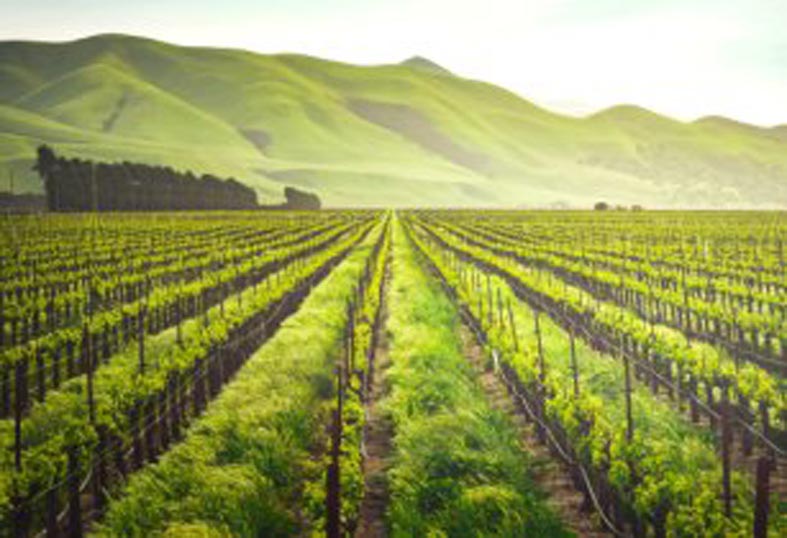The agriculture sector is experiencing its fourth revolution with all the technological innovations in smart farming and animal husbandry, according to TradeMachines, a metasearch engine for used machines
Cloud computing, robotics, Big Data, artificial intelligence (AI), IoT including aerial vehicles, drones, ubiquitous sensor technology, self-driving tractors, GPS-controlled technology etc are applied in agriculture to increase efficiency, improve farming management and optimise farming processes.
Cows are milked automatically, without human intervention. Optical sensors are responsible for plant disease identification and drones monitor crop growth. Furthermore, the technology makes farming more sustainable, minimises waste production and the use of fertilisers and pesticides.
Automation in agriculture is not just a sign of the times. It is a necessity driven by two major factors. The first one is a struggle with insufficient food production for the world’s population, which is growing at a tremendous rate.
As estimated, by 2050 the world’s population is expected to reach 9.8bn people. Accordingly, to satisfy escalating needs, the world would need to have enough resources. Another important factor driving the technological development in farming is a labour shortage in agriculture, which is at a crisis level. This is where the robots step in and lend a hand.
The digital revolution in agriculture calls for more sustainability and thus turns to the environment. The environmentally conscious society is placing greater emphasis on the responsible use of the planet's resources, animal welfare, ecological breeding methods and environmentally friendly cultivation.








